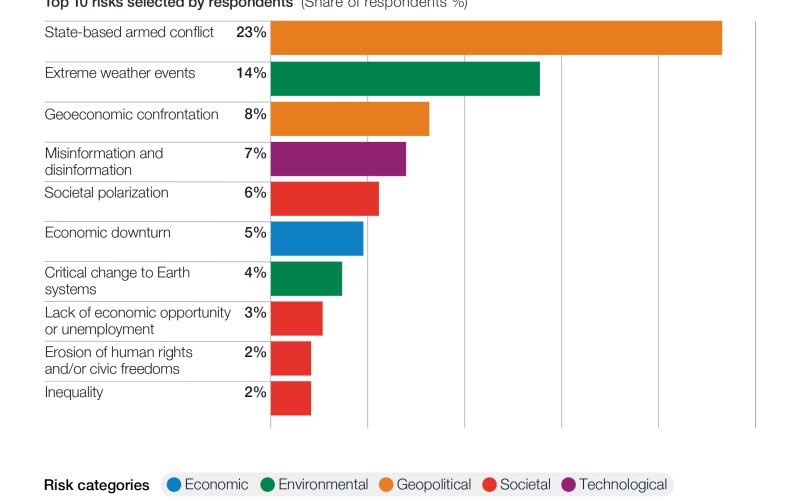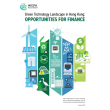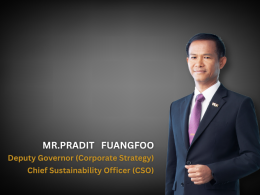The World Economic Forum (WEF) has released the 20th edition of its Global Risks Report, highlighting an increasingly fractured global landscape where escalating geopolitical tensions, environmental challenges, and societal issues threaten stability and progress. While economic risks have receded in immediate prominence, the report emphasises their interconnectedness with societal and geopolitical tensions.
State-based armed conflict emerges as the most pressing immediate global risk for 2025, with nearly a quarter of respondents identifying it as the most severe concern. Misinformation and disinformation rank as top short-term risks for the second consecutive year, reflecting their persistent threat to societal cohesion and governance. Other significant short-term risks include extreme weather events, societal polarisation, cyber-espionage, and cyber warfare.
Environmental risks dominate the 10-year outlook, with extreme weather events, biodiversity loss, and ecosystem collapse leading the rankings. Pollution also features prominently, reflecting growing concerns over its impact on health and ecosystems. Extreme weather events stand out as a critical risk across immediate, short-term, and long-term horizons, underscoring the urgency of addressing climate-related challenges.
Technological risks, including the adverse consequences of artificial intelligence and the spread of misinformation, also cloud the long-term landscape, highlighting the challenges posed by rapidly evolving technologies.
The report, based on a survey of over 900 global experts, policymakers, and industry leaders conducted in late 2024, paints a stark picture of the future. Nearly two-thirds of respondents anticipate a turbulent global landscape by 2035, driven by intensifying environmental, technological, and societal risks.
Over half of the experts foresee instability within two years, citing a breakdown in international cooperation as a major factor. Long-term projections suggest even greater challenges, as mechanisms for collaboration are expected to come under increasing strain. Societal risks such as inequality and polarisation, alongside rising concerns about illicit economic activity, debt burdens, and resource concentration, further complicate efforts to address global challenges.
“Rising geopolitical tensions and a fracturing of trust are driving the global risk landscape,” said Mirek Dušek, Managing Director of the World Economic Forum. “In this complex and dynamic context, leaders have a choice: to foster collaboration and resilience or face compounding vulnerabilities.”
Mark Elsner, Head of the Global Risks Initiative at WEF, echoed the urgency for action and said, “From conflicts to climate change, we are facing interconnected crises that demand coordinated, collective action. Renewed efforts to rebuild trust and foster cooperation are urgently needed. The consequences of inaction could be felt for generations to come.”
The report emphasises that the next decade represents a pivotal moment for global leaders. With 64% of experts predicting a fragmented global order driven by competition among major powers, the strain on multilateralism is clear. However, the report argues that turning inward is not a viable solution.
Read full report here.



















